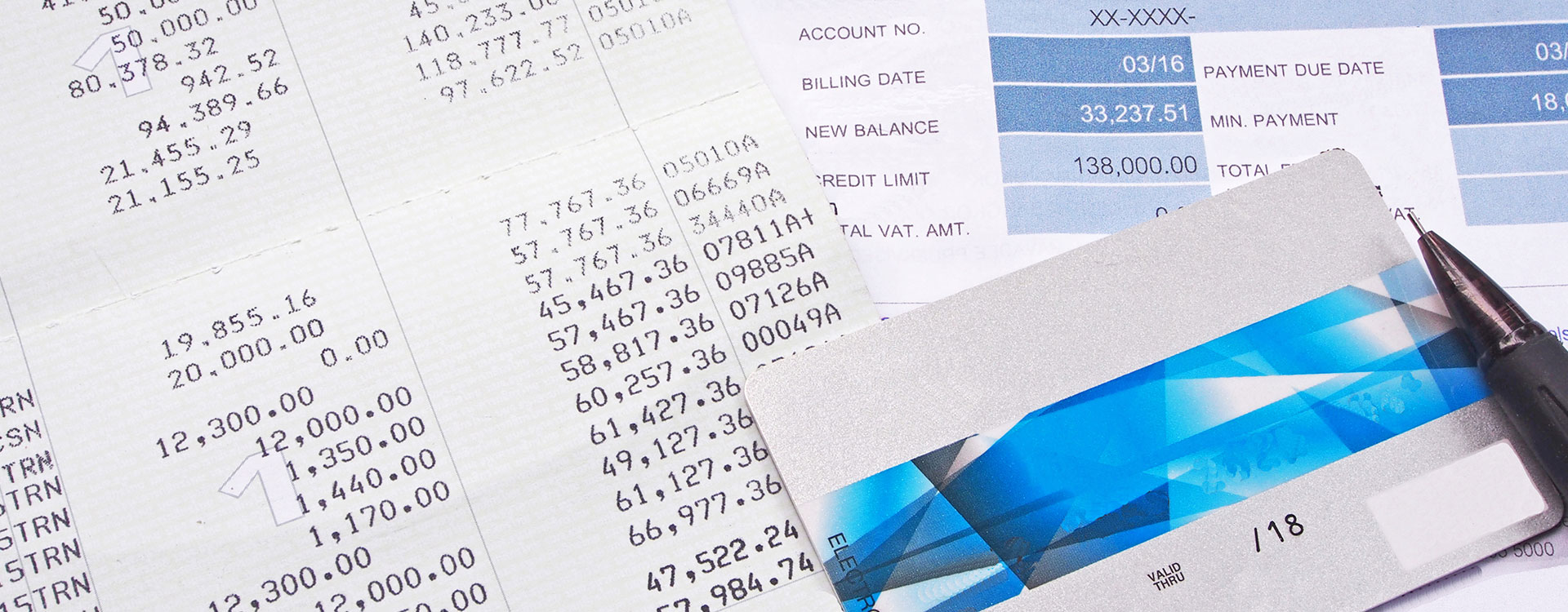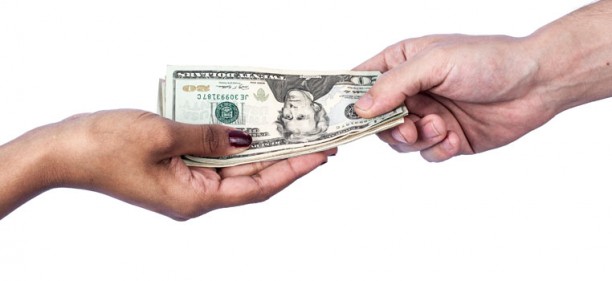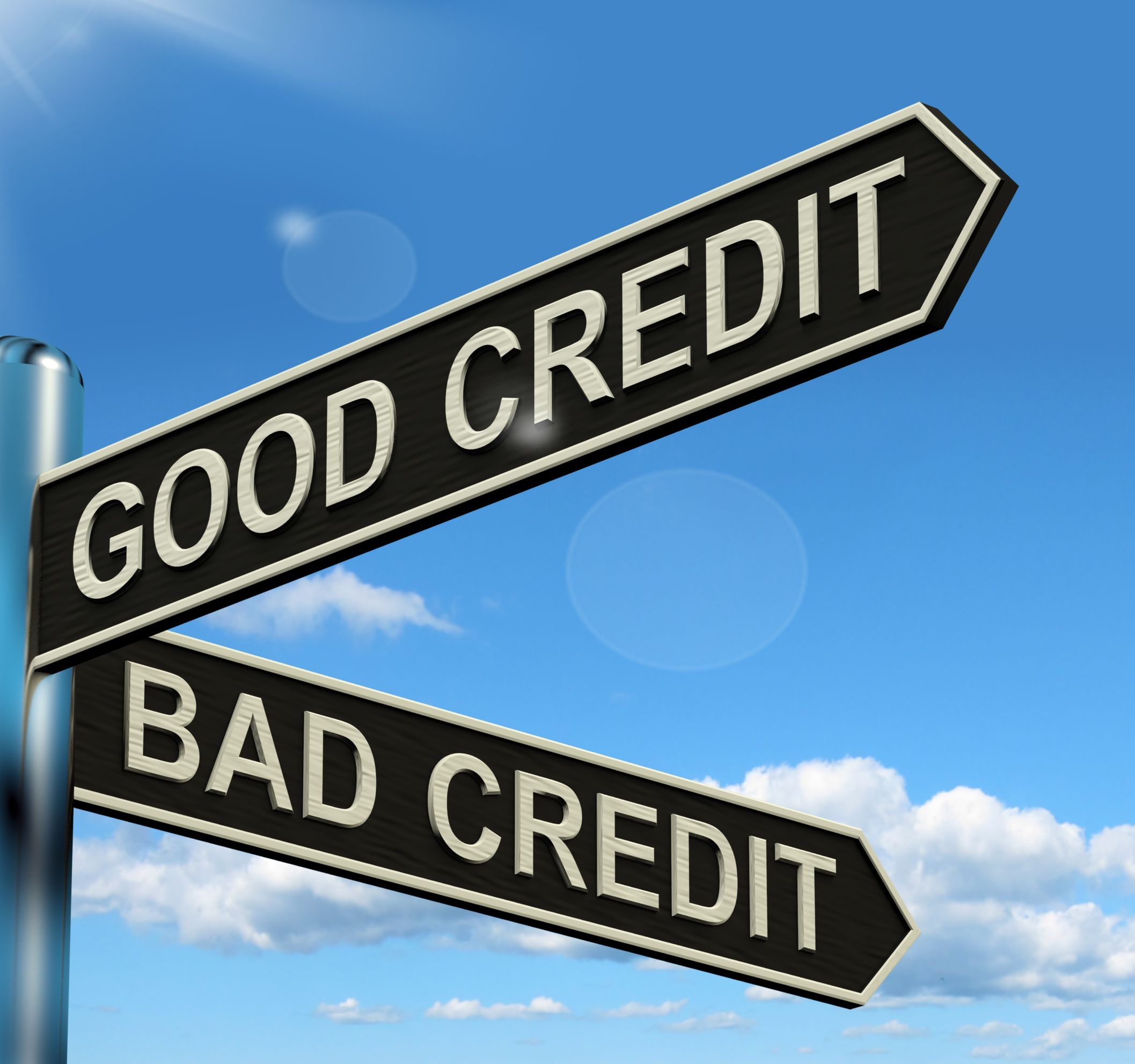Filing for unemployment does not directly affect your credit score, but it can indirectly impact it in certain ways.
Credit scores play a vital role in our financial lives. They determine the interest rates on loans, credit cards, and even insurance premiums. It's common knowledge that late payments and high debt can lower your credit score.
But what about filing for unemployment?
Simply put, filing for unemployment doesn't directly impact your credit score. However, some trickle-down effects can indirectly affect your credit score.
Below, we'll explore how filing for unemployment can impact your credit score and offer tips on how to mitigate any negative impacts.
KEY TAKEAWAYS:
- When facing a reduced income, prioritize essential bills and loans first.
- Consider debt consolidation as a solution to manage multiple debts with one lower interest rate.
- Although unemployment won't directly affect your credit score, missed payments on loans or bills could.
Losing One’s Job And Filing For Unemployment
Imagine you are going through a financial crisis and you've had to borrow more while you are already in debt. You feel confident that you can pay off everything with the income you earn from your 9-5 job.
But all of a sudden, you lose your job and have no other source of income. This is when you consider filing for unemployment.
Filing for unemployment means you are receiving financial assistance from the government until you find another job. This amount can vary depending on your previous income, but it's usually a fraction of what you earned before.
While unemployment benefits can help in the short term, you begin to wonder how it affects your credit score in the long run.
Unemployment Doesn't Show Up On Your Credit Report
The good news is that filing for unemployment benefits doesn't show up on your credit report.
This means it won't directly affect your credit score, whether positively or negatively. The reason behind this is that unemployment benefits are considered government aid and not a personal loan or line of credit. With unemployment, you are not borrowing money that needs to be paid back.
So, take a deep breath and rest easy knowing that filing for unemployment won't harm your credit score.
However, looking for a new job is still important as late bills and defaulting on payments can affect your credit score negatively. Unemployment may not be able to cover everything and if you don't cut out certain expenses, you could find yourself deep in debt with a high debt to income ratio.
How Does Debt Impact Your Credit Score?
Debt can significantly impact your credit score, especially if you are unable to make payments on time.
The more debt you have, the lower your credit score will be. High levels of debt can also affect your ability to get new credit lines or loans in the future.
Imagine that you are failing to pay back your credit card bills or mortgage payments and have accumulated a lot of debt. This will not only hurt your credit score, but it can also result in creditors taking legal action against you, leading to further financial troubles.
Contributing Factors To Lowered Credit Scores
Now that you know that unemployment does not directly affect your credit score, it's important to understand the contributing factors that can lower your credit score.
We already mentioned late bills and defaulting on payments, but there are other factors to consider as well.
These include high credit card balances, maxed-out credit cards, and having too many credit inquiries within a short period. All of these can hurt your credit score and should be avoided as much as possible.
Understanding the credit card utilization ratio is also crucial in maintaining a good credit score.
This ratio is the percentage of your available credit that you are currently using. It's recommended to keep this ratio below 30%, meaning you should only use up to 30% of your total available credit at any given time.
For example, if the total allowed balance is $10,000, you should ideally keep your balance at or below $3,000. This shows lenders that you are responsible with your credit and can handle it well.
The problem with unemployment is that with a reduced income, one large purchase can push your credit card utilization ratio over the recommended 30%. This can happen even if you have been managing your credit well before.
For this reason, it's important to be extra cautious with your spending when facing unemployment. Focus on essentials and avoid making any big purchases that may negatively impact your credit score.
Another contributing factor to lowered credit scores is having a high debt-to-income ratio. This is the amount of your monthly income that goes towards paying off debts.
With unemployment, this ratio can increase significantly as you may have trouble making ends meet. It's important to prioritize your expenses and focus on paying off any essential bills and loans first.
At Credit9, we offer loan options that could provide you with the financial solution that works best for you.
How Credit9 Can Help You
Since 2018, Credit9 has provided over $300 Million in loans to over 25,000 of our customers, and we’re confident we can help you too. For more information about Credit9’s unique debt consolidation services, contact us today to see how we can help you consolidate your debts and receive a free, no-obligation, and fully-customized Credit9 loan solution!



